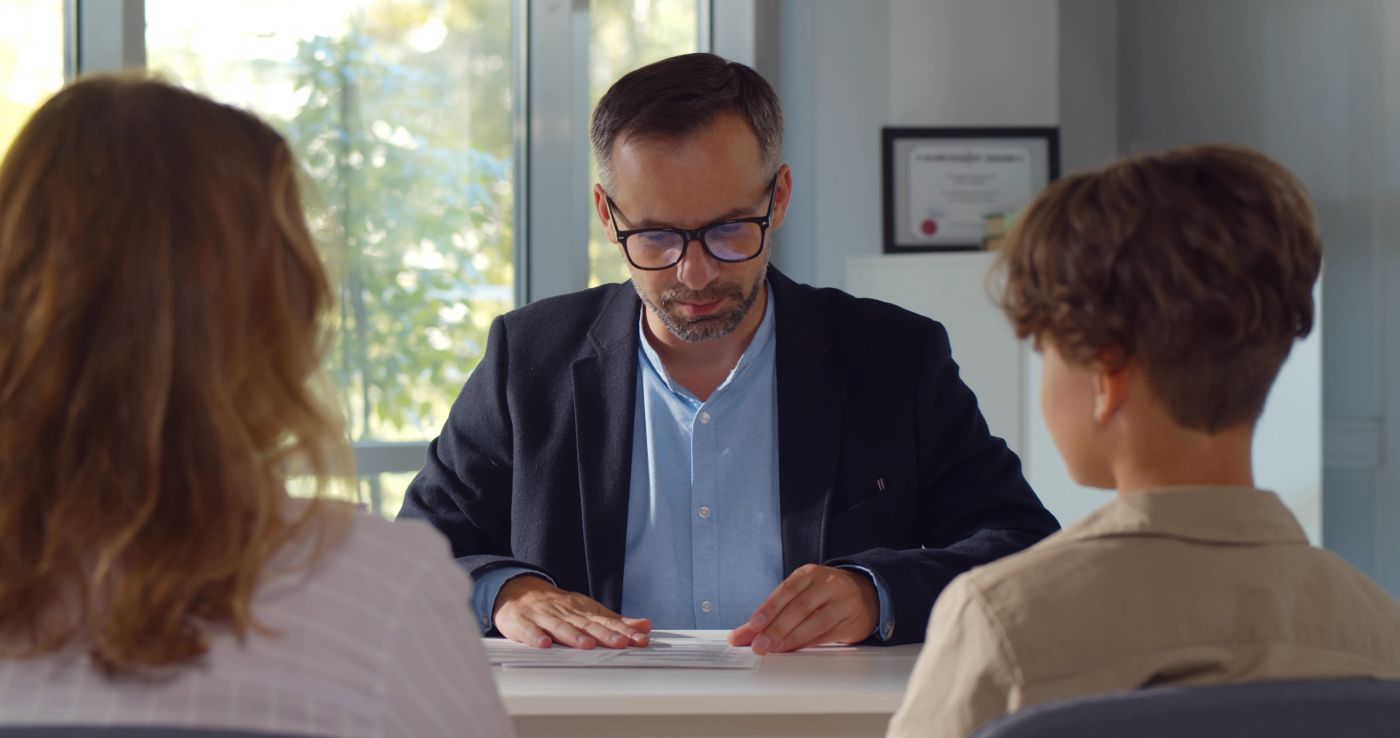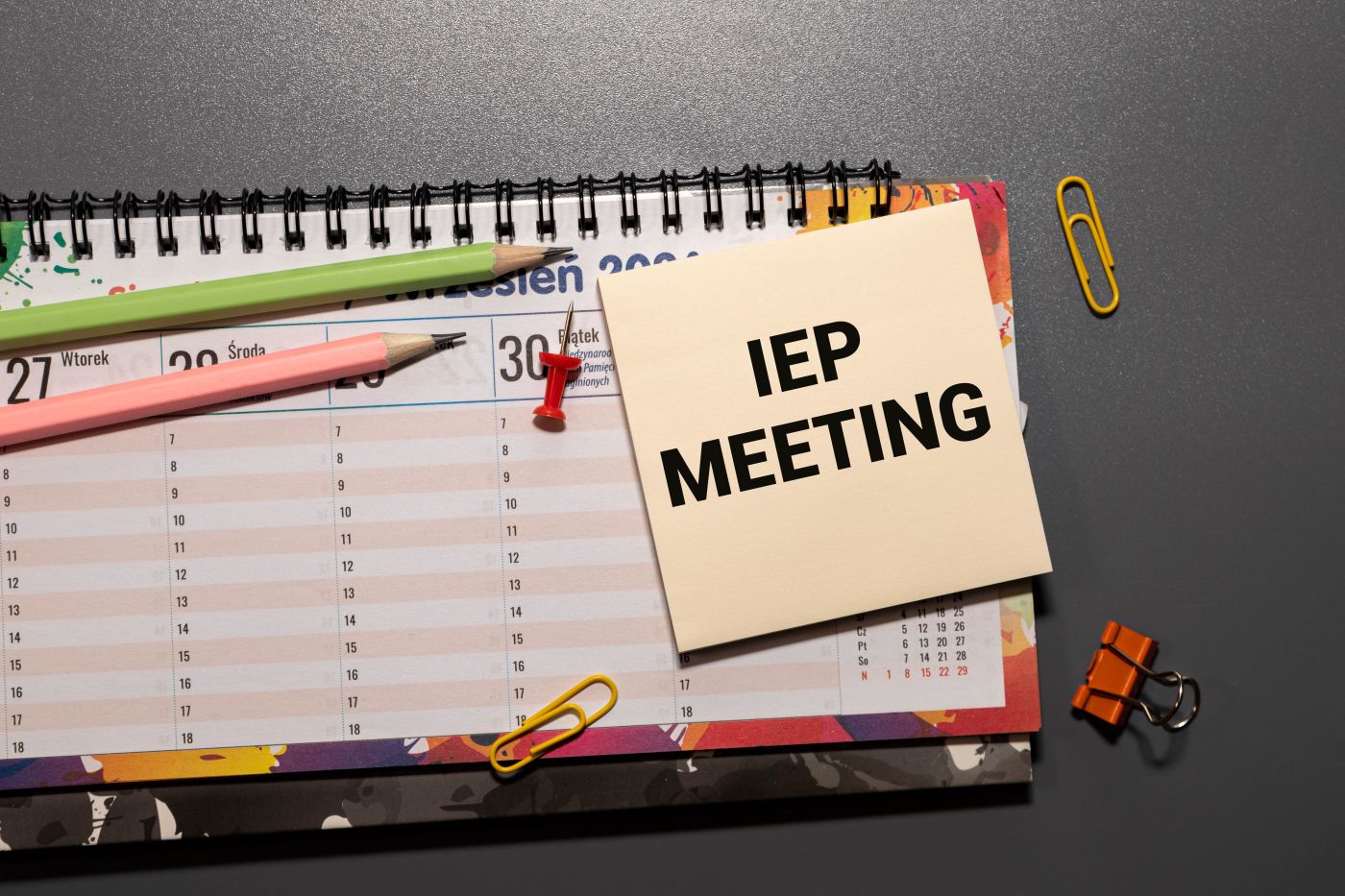Access to justice is a fundamental right that should be available to all, regardless of one's financial situation. Unfortunately, for many individuals and communities, the cost of legal representation can be a significant barrier to seeking justice. This is where the role of pro bono legal assistance becomes crucial. In this blog post, we will explore the importance of pro bono legal services and how they play a vital role in ensuring equal access to justice.
Bridging the Justice Gap
One of the primary functions of free legal assistance is to narrow the justice divide. In our society, numerous people cannot access representation when they most require it. These are often individuals with low incomes and marginalized communities confronting various issues, such as housing disputes, family matters, and more. Voluntary legal services play a pivotal role in addressing this divide, offering cost-free representation to those who would otherwise be voiceless within the legal system.
Pro bono lawyers dedicate their time and expertise to ensuring that individuals who cannot afford legal services are not denied their day in court. They take on cases that address critical issues affecting vulnerable populations, such as eviction defense, immigration matters, and access to essential public services. By offering their legal skills pro bono, lawyers help individuals overcome financial barriers and access the justice system effectively.
Empowering Vulnerable Communities
Pro bono legal assistance plays a significant role in empowering vulnerable communities. When individuals facing economic hardship or other disadvantages can access legal help, it levels the playing field. This empowerment is especially crucial in cases involving issues like special education, juvenile justice, and other areas where marginalized communities may be disproportionately affected. Pro bono lawyers advocate for the rights of these communities, helping them navigate complex legal processes and ensuring that their voices are heard.
Empowering vulnerable communities through volunteer services extends beyond providing representation. It often involves community outreach, education, and awareness campaigns aimed at equipping individuals with knowledge about their rights. This proactive approach not only resolves immediate challenges but also strengthens the overall resilience of communities for future issues. Volunteers work closely with community organizations and nonprofits to address systemic injustices and promote long-term empowerment.
Expanding Access to Justice for All
Another key role of pro bono legal assistance is to expand access to justice for all members of society. It goes beyond merely providing representation; it's about promoting a fair and equitable legal system. By offering their services pro bono, lawyers contribute to a society where everyone has the opportunity to seek redress, defend their rights, and have their day in court. This inclusivity fosters a sense of social justice and reinforces the idea that the legal system is there to protect and serve everyone.
Enhancing access to justice through volunteer services ensures that the justice system stays within reach for those who might otherwise be marginalized. It lessens the gaps in representation and strengthens the ideals of fairness and equality within the system. Volunteers in the legal field frequently collaborate with support organizations and networks to amplify their influence, guaranteeing that individuals with diverse legal requirements can access complimentary support.
Filling Critical Gaps in Legal Services
In numerous aspects of the legal field, there exist significant voids in essential services, resulting in certain individuals being left without the crucial aid they require. Dedicated lawyers frequently step up to bridge these gaps, tending to specific needs within their communities. For instance, at Advocates for the Voiceless, our focus extends to vital areas such as special education and juvenile justice, where we offer indispensable assistance to those who might otherwise lack access to specialized expertise. This precise approach guarantees that no one is marginalized due to the absence of accessible resources.
Filling critical gaps in legal services often involves pro bono lawyers taking on cases that require specialized knowledge or experience. For instance, in the field of special education, pro bono lawyers may work closely with families of students with disabilities to navigate the complex landscape of Individualized Education Programs (IEPs) and ensure that children receive the appropriate educational services they need. By addressing specific legal needs, pro bono lawyers contribute to a more equitable legal system that serves the diverse needs of its constituents.
Strengthening Communities
Pro bono legal assistance also plays a vital role in strengthening communities. When lawyers volunteer their time and expertise, they contribute to the well-being of the community as a whole. They help resolve disputes, uphold rights, and create a sense of solidarity among community members. Additionally, by addressing legal issues early on through pro bono services, lawyers can prevent larger social problems from arising, ultimately fostering healthier and more stable communities.
Strengthening communities through pro bono work involves building partnerships with local organizations, nonprofits, and community leaders. Pro bono lawyers often collaborate with these stakeholders to identify pressing legal issues within the community and develop strategies to address them. By proactively engaging with the community, pro bono lawyers not only provide immediate legal assistance but also contribute to the long-term well-being and resilience of the neighborhoods they serve.
Conclusion
Free legal help for the underserved is a fundamental aspect of the movement to ensure equitable access to our legal system. It transcends mere cost-free legal aid; it embodies the values of fairness, parity, and justice in our society. Entities like Advocates for the Voiceless are unwavering in their commitment to create a positive influence by extending assistance without cost to those in need. If you or someone you know requires support in areas like special education, juvenile justice, or other public interest law, please do not hesitate to connect with us (appointment only) or info@a4v.org. Collectively, we can uphold the accessibility of justice for all.




